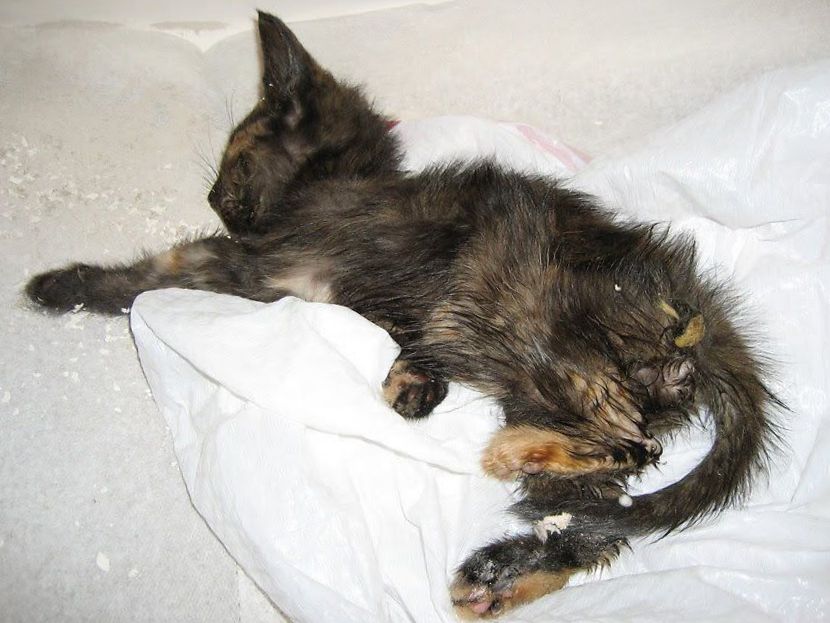
There are several situations in which you may come into contact with a dead animal, but once you have found one on or around your property, you should take steps to dispose of it, as otherwise it can cause a range of problems. One of the first issues is for any pets or domestic animals in the area, as they will naturally want to investigate this new scent in their territory, and they can catch a range of diseases from dead animals. The carcass can also transmit parasites, while other pest animals are also often attracted by the smell of a dead animal, so you should be prompt and proactive in collecting and disposing of the dead animal.
Precautions To Take Before Removing The Carcass
Because of the risk of disease that comes when dealing with a dead animal, there are certain preparations and precautions you should take before you deal with the carcass to minimize your risk of catching anything. As parasites can still be alive on the dead animal, make sure you wear gloves and long sleeved clothing, while it is also worth wearing a mask over your mouth to minimize the chance of inhaling any particles from the carcass. Depending on the animal and the location, you should also make sure that you can get unimpeded access to be able to move it, as you don't want to be stretching or grabbing it too firmly, as it may come apart.
How To Transport A Dead Animal
When it comes to packing the carcass, if it is a small to medium sized animal then in most cases thick garbage bags will be sufficient in terms of packing and carrying the animal, while you may need a plastic box for larger animals. Moving the carcass can often be a delicate job if the dead animal has decayed for a period, so you may need a trowel or similar to pick up any pieces that fall off. However, for a freshly killed animal, it can be easy just to pick up the animal and put it into the bag. Once bagged, make sure that you seal the bag and double bag the carcass, as this will allow you to move the dead animal safely.
Incineration Or Burial?
If you are dealing with small animals such as mice, rats or small birds, then in many cases because the scent from the carcass will be minimal, you may be able to put this out among the rest of your garbage. However, for larger animals this won't be practical. Traditionally many people will bury dead animals, but this can give other animals the possibility to dig it up again or find the carcass, so if you choose burial make sure the hole is over a foot deep, and that the earth is packed down firmly. However, the best option is to incinerate the dead animal where the facility is available, as this ensures that the carcass cannot be dug up or become a problem for anyone else.
Measures To Reduce Animal Problems
As well as dealing with the problem of the dead animal as it arises, if this happens more than once then you may want to look into the type of animal species that are present around your property, and what kind of steps you can take to stop the problem from happening again. In many cases this will involve removing or protecting potential food sources, by removing fallen fruit or ensuring that garbage and pet food is kept in solid containers. Removing potential sources of cover and removing access to potential nesting spots can also help to reduce the presence of pest animals around your property.
Go back to the deadanimalremoval.org home page.
Copyright 2021 - deadanimalremoval.org
Nationwide Dead Animal Removal